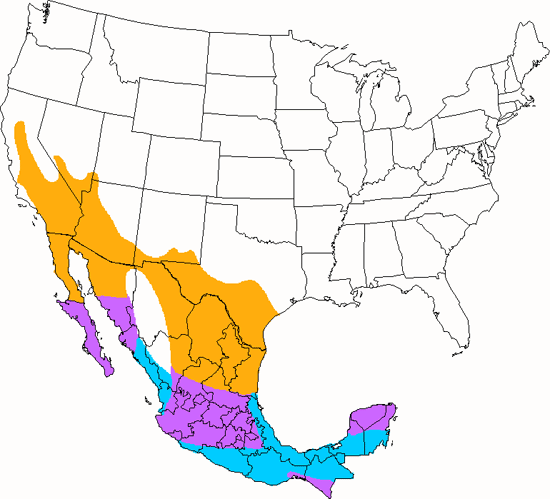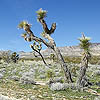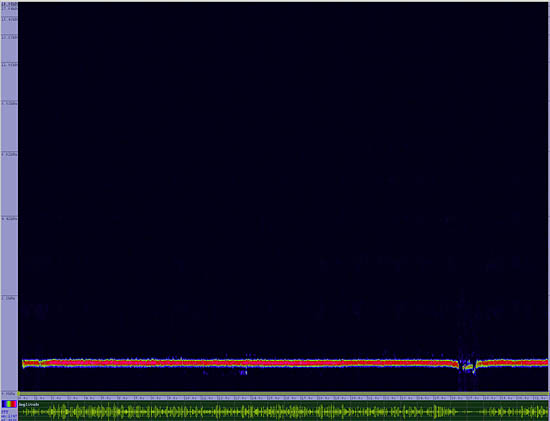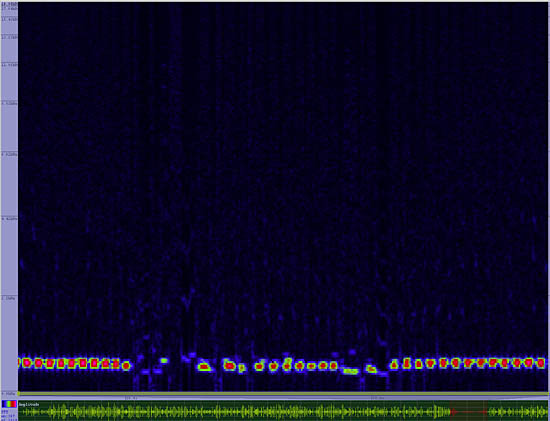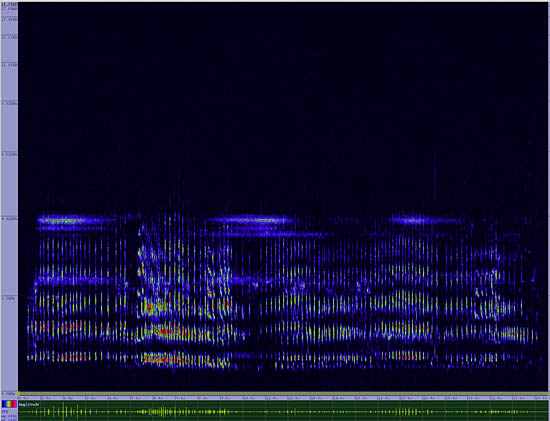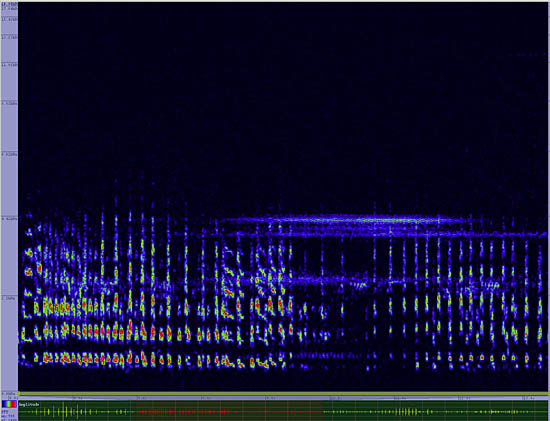The four-digit banding code is LENI.

Hawk Like
Lesser Nighthawk
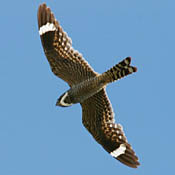
Length: 9 in. (23 cm )
View Citation
Bibliographic details:
- Article: Lesser Nighthawk
- Author(s): Dr. Biology
- Publisher: Arizona State University School of Life Sciences Ask A Biologist
- Site name: ASU - Ask A Biologist
- Date published: July 13, 2017
- Date accessed: November 18, 2024
- Link: https://askabiologist.asu.edu/activities/bird/lesser-nighthawk
APA Style
Dr. Biology. (2017, July 13). Lesser Nighthawk. ASU - Ask A Biologist. Retrieved November 18, 2024 from https://askabiologist.asu.edu/activities/bird/lesser-nighthawk
Chicago Manual of Style
Dr. Biology. "Lesser Nighthawk". ASU - Ask A Biologist. 13 July, 2017. https://askabiologist.asu.edu/activities/bird/lesser-nighthawk
Dr. Biology. "Lesser Nighthawk". ASU - Ask A Biologist. 13 Jul 2017. ASU - Ask A Biologist, Web. 18 Nov 2024. https://askabiologist.asu.edu/activities/bird/lesser-nighthawk
MLA 2017 Style
Be Part of
Ask A Biologist
By volunteering, or simply sending us feedback on the site. Scientists, teachers, writers, illustrators, and translators are all important to the program. If you are interested in helping with the website we have a Volunteers page to get the process started.







